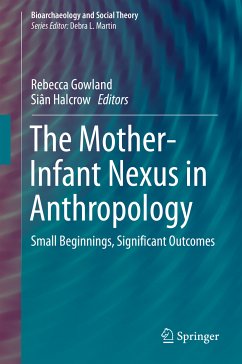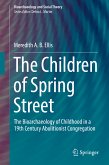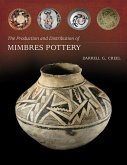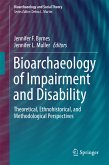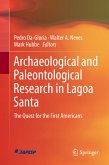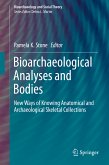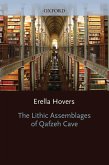Over the past 20 years there has been increased research traction in the anthropology of childhood. However, infancy, the pregnant body and motherhood continue to be marginalised. This book will focus on the mother-infant relationship and the variable constructions of this dyad across cultures, including conceptualisations of the pregnant body, the beginnings of life, and implications for health.
This is particularly topical because there is a burgeoning awareness within anthropology regarding the centrality of mother-infant interactions for understanding the evolution of our species, infant and maternal health and care strategies, epigenetic change, and biological and social development.
This book will bring together cultural and biological anthropologists and archaeologists to examine the infant-maternal interface in past societies. It will showcase innovative theoretical and methodological approaches towards understanding societal constructions of foetal, infant and maternal bodies. It will emphasise their interconnectivity and will explore the broader significance of the mother/infant nexus for overall population well-being.
Dieser Download kann aus rechtlichen Gründen nur mit Rechnungsadresse in A, B, BG, CY, CZ, D, DK, EW, E, FIN, F, GR, HR, H, IRL, I, LT, L, LR, M, NL, PL, P, R, S, SLO, SK ausgeliefert werden.

